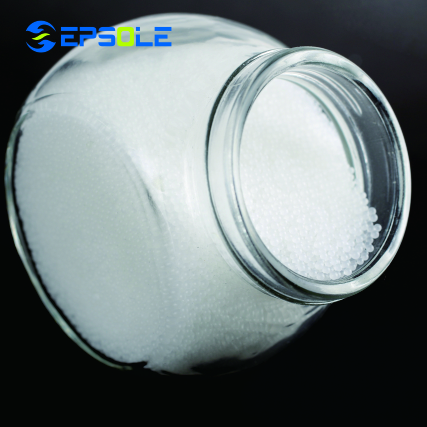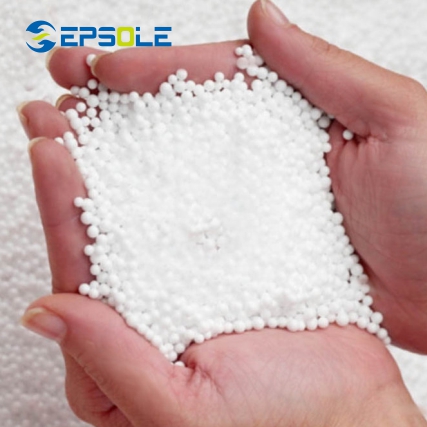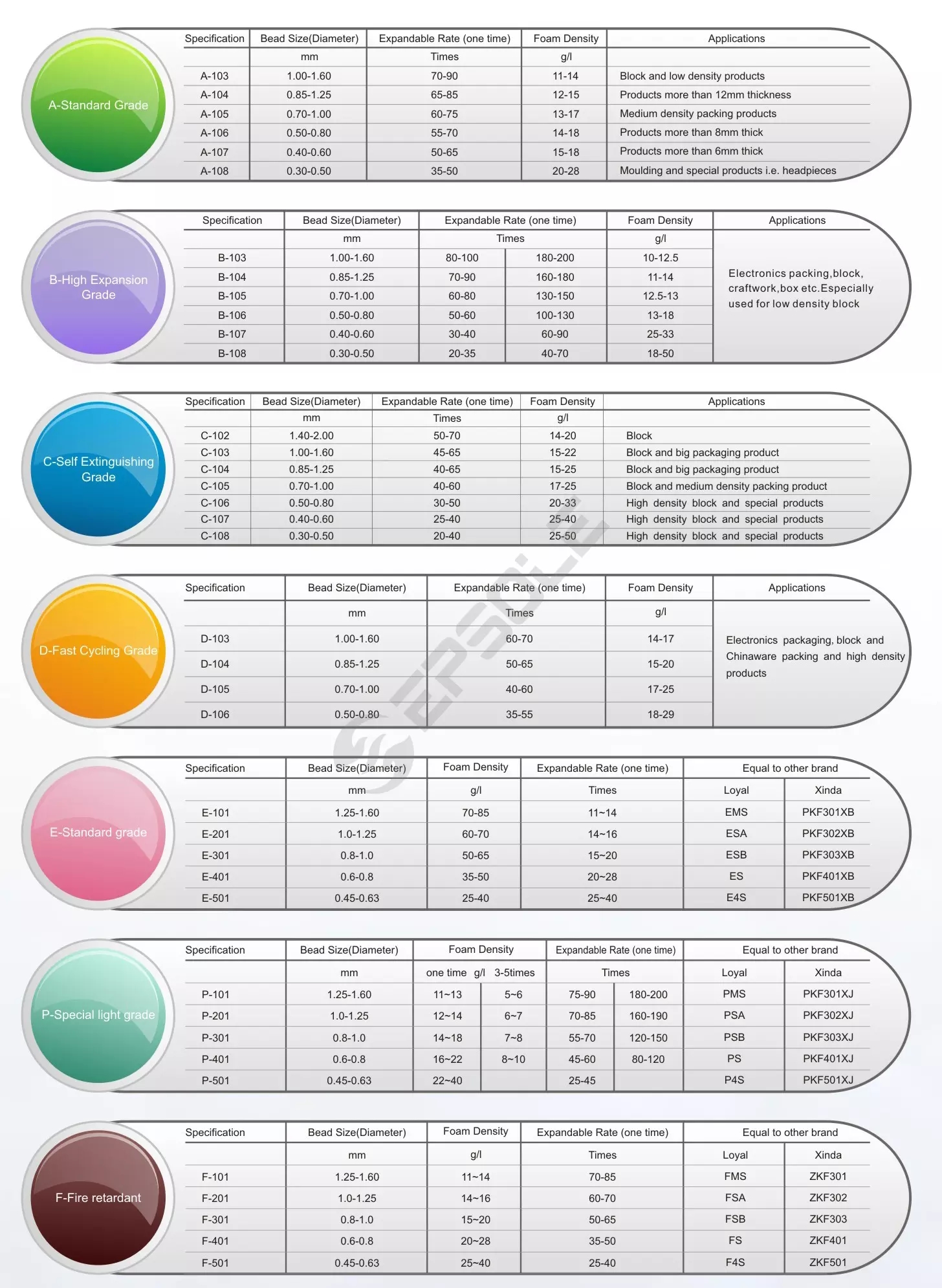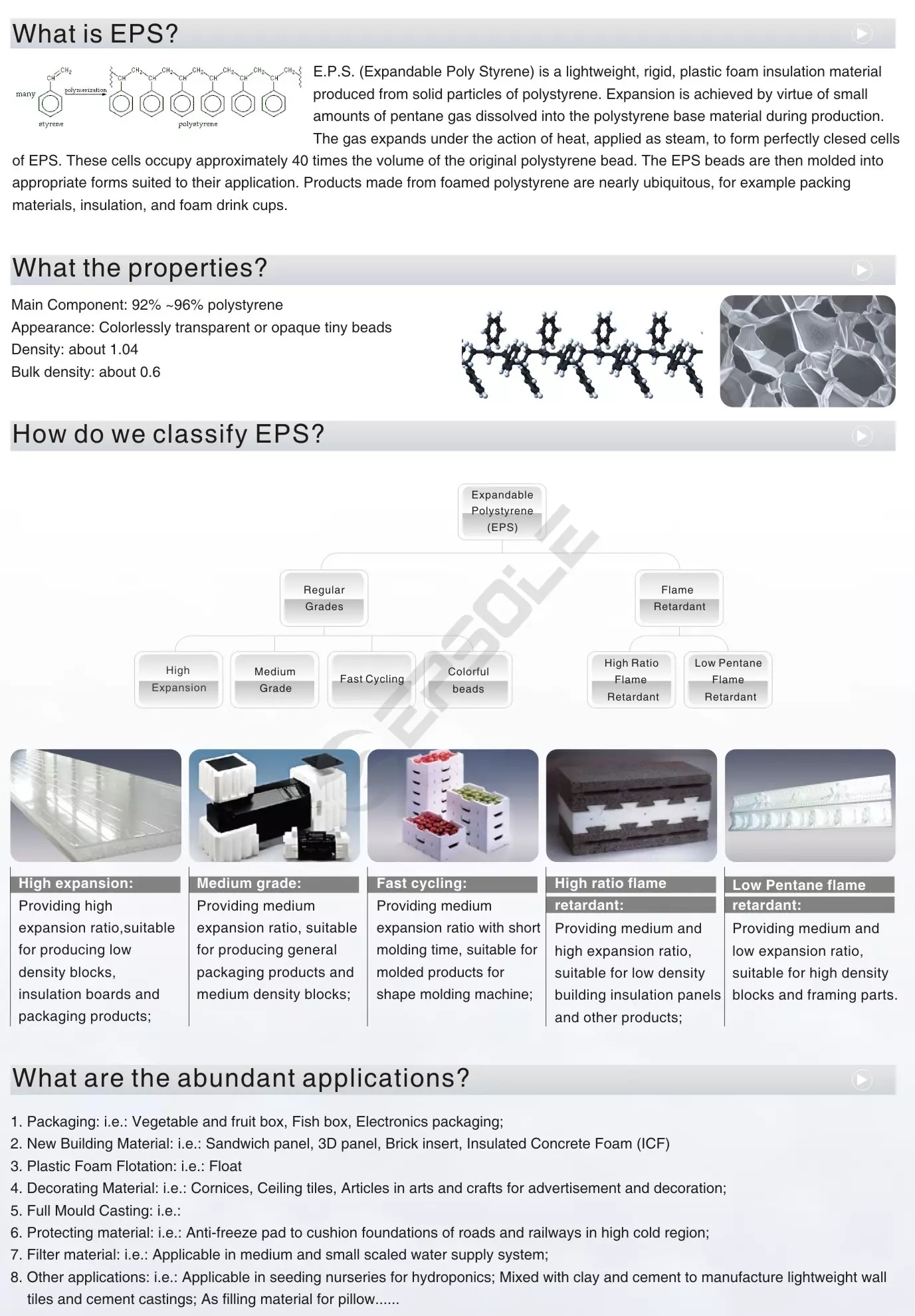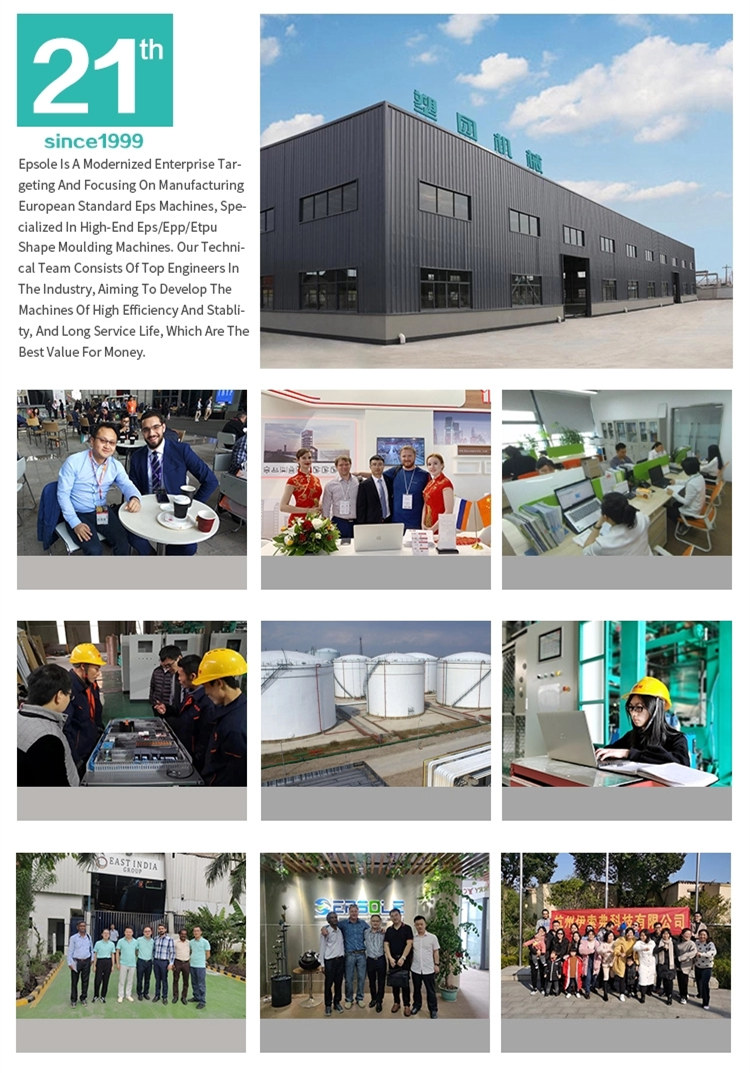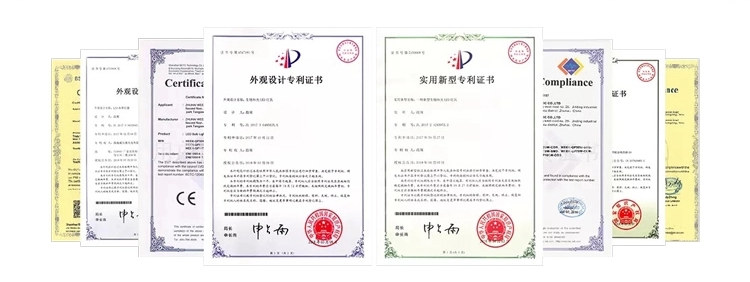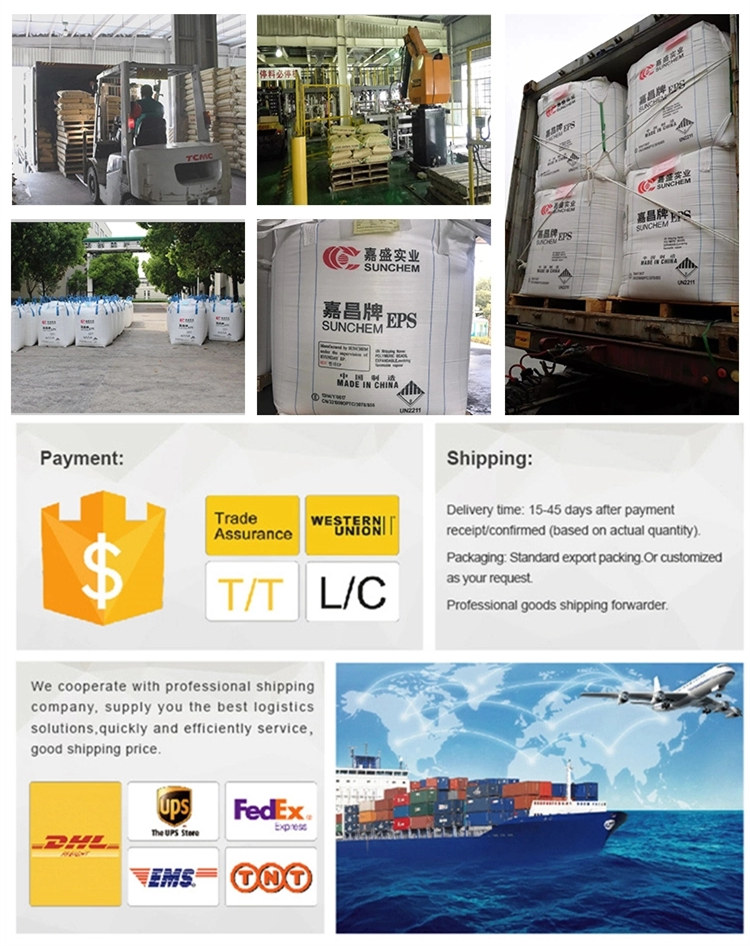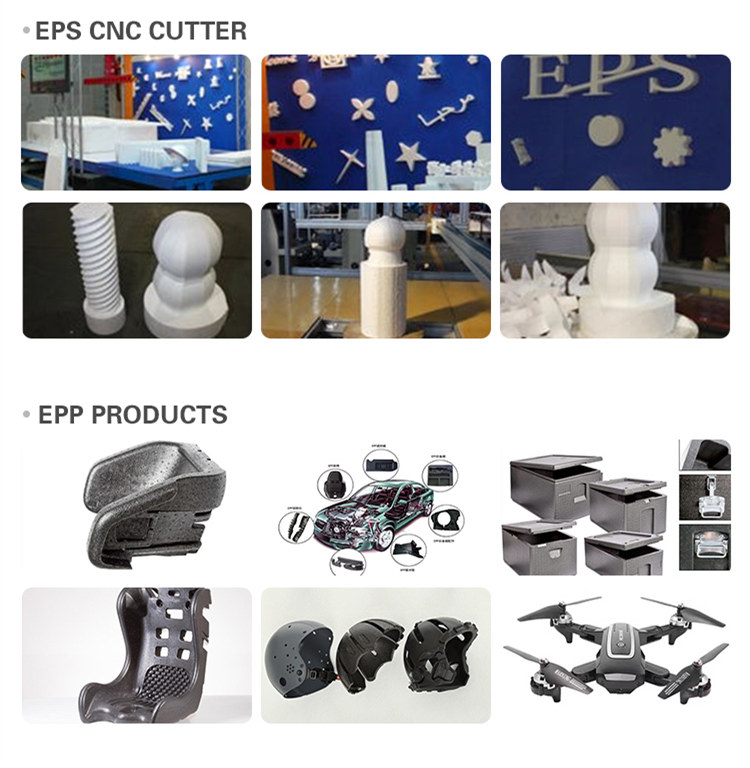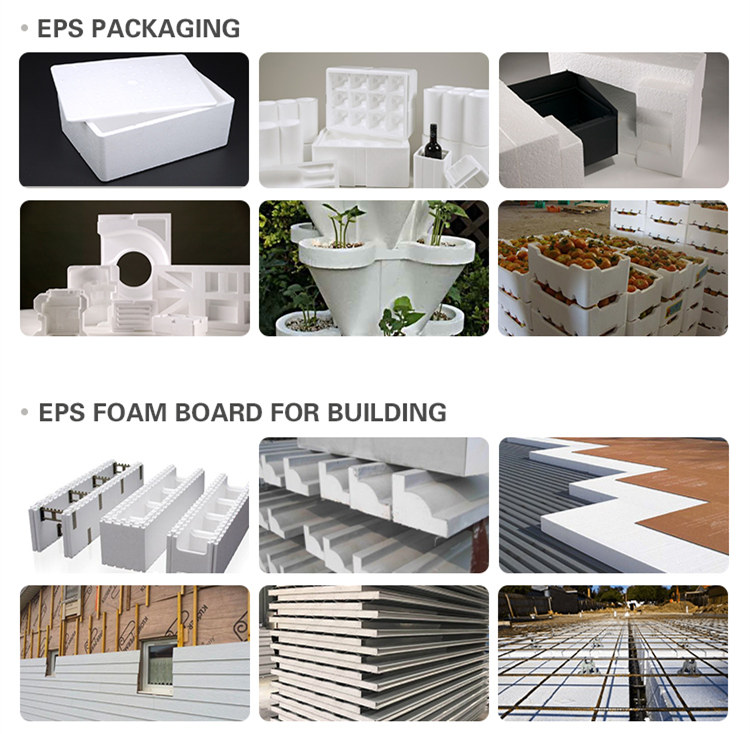EPS is a derivative of ethylene and benzene and is made using a polymerisation process which produces translucent spherical beads of polystyrene, about the size of sugar granules. During this process a low boiling point hydrocarbon, usually pentane gas, is added to the material to assist expanision during subsequent processing.
EPS is produced in a three stage process:
Pre-expansion
Upon contact with steam the pre-foaming agent found within the polystyrene beads (usually a hydrocarbon such as pentane) starts to boil and the beads are expanded to between 40 to 50 times their original volume.
Conditioning
After expansion the beads undergo a maturing period in order to reach an equilibrium temperature and pressure.
Moulding
The beads are placed within a mould and again reheated with steam. The pre-foamed beads expand further, completely fill the mould cavity and fuse together. The beads are moulded to form blocks or customised products. When moulded, nearly all the volume of the EPS(~98%) is air.


 Tel:
Tel:

 English
English 



